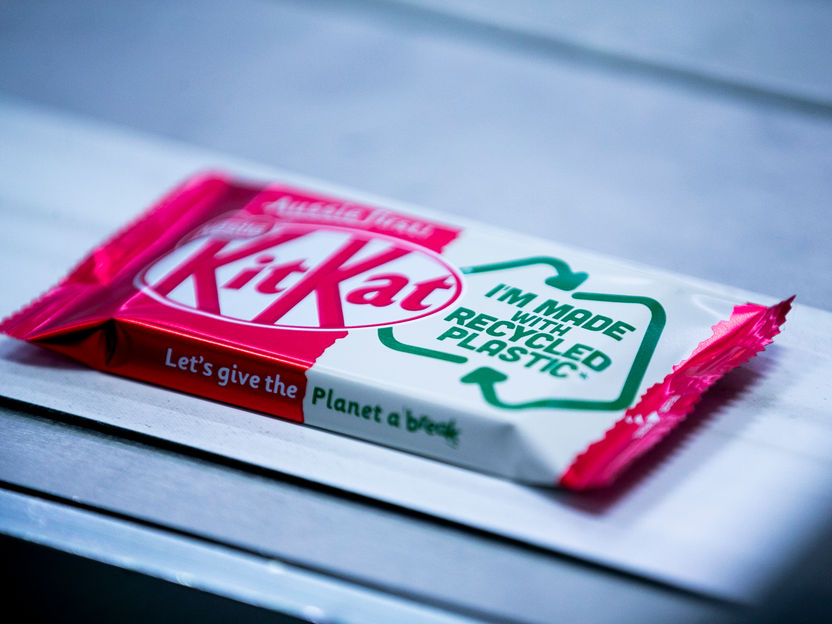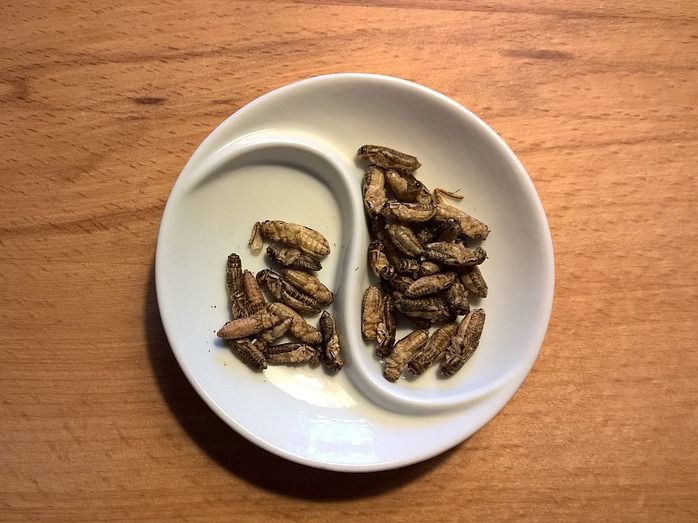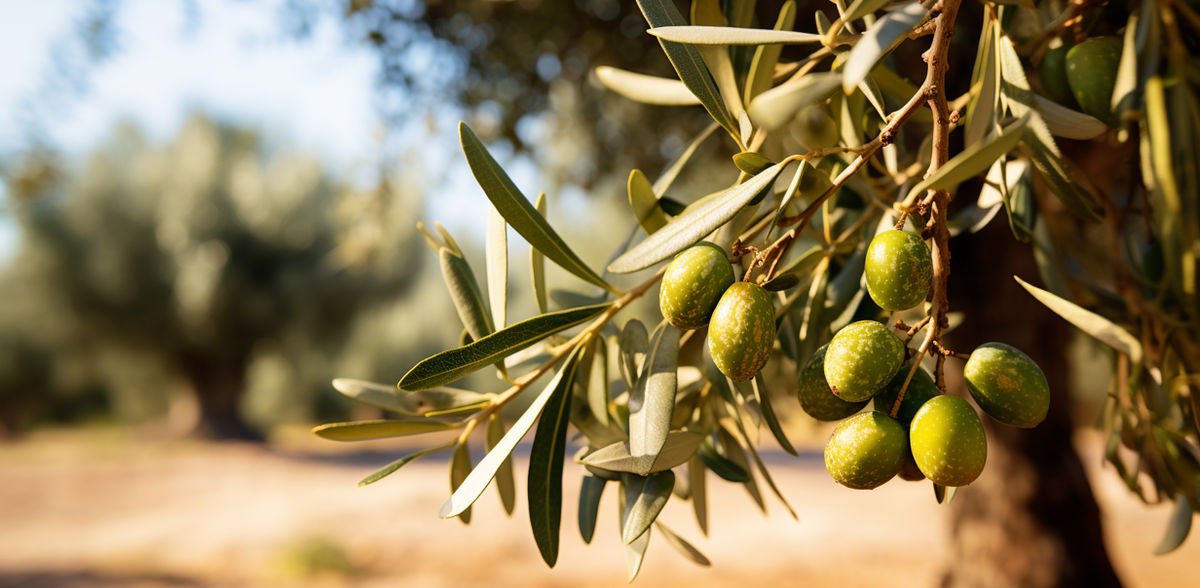EU Project to promote olive farming and consumption
Nine partners from six countries involved in collaborative project
They are good for the heart, help reduce inflammation and support healthy cells: olives are healthy. They are rich in iron, vitamins and unsaturated fats, and are one of the staples in a Mediterranean diet, which essentially consists of grains, fruit and vegetables. The EU project, Oli4Food, has been launched and aims to help promote the consumption of olives and the Mediterranean way of eating in northern and central Europe. Oli4Food is funded by the European Union (EU) with more than 1.2 million euros.
Nine partners from six countries are participating in the collaborative project. Prof. Dr. Esra Capanoglu from Istanbul Technical University is coordinating the research project and will be conducting research at Leibniz University Hannover (LUH) for one year, having received a Georg Forster Research Award from the Alexander von Humboldt Foundation. Project manager at LUH is Prof. Dr. Tuba Esatbeyoglu, Institute of Food Science and Human Nutrition.
The main aim of Oli4Food is to encourage people to eat a healthier, plant-based diet and in doing so, prevent lifestyle-related illnesses such as arthritis, type 2 diabetes and obesity before they develop. Furthermore, the EU wants to promote the sale of olives as one of the main export products from southern European countries, thereby strengthening their economies. One of the main focuses includes supporting sustainable farming techniques. In addition, Oli4Food aims to help ensure that as much as possible of the olive is used. For example, the pomace – a waste product that occurs after pressing – is rich in polyphenols and other substances, and thus an area of interest for the research team. Currently, the pomace is only used in animal feed and fertiliser.
At the Institute of Food Science and Human Nutrition at LUH, the researchers are especially focussing on the health benefits of olives. “We aim to increase the valuable ingredients through innovative methods,” says professor Esatbeyoglu. Two topics are at the forefront: firstly, non-thermal processing and its effect on the shelf life and bioavailability of olives will be tested. Examples of non-thermal processes include, high pressure processing, cold plasma, as well as pulsed electric field processing, that enable breakdown of the cell membrane. Secondly, the health benefits from the use of olive-based products created via non-thermal processing will be analysed. For example, cell culture studies will be conducted to demonstrate anti-inflammatory properties.
In addition to Istanbul Technical University and LUH, further partners are involved from Mediterranean countries: Italy (University of Catania, Università Politecnica delle Marche), Spain (Centro Tecnológico de la Carne in Galicia), Egypt (Cairo University), Turkey (Bornova Olive Research Institute, University of Health Sciences) and Morocco (Mohamed I University).
Most read news
Other news from the department science

Get the food & beverage industry in your inbox
By submitting this form you agree that LUMITOS AG will send you the newsletter(s) selected above by email. Your data will not be passed on to third parties. Your data will be stored and processed in accordance with our data protection regulations. LUMITOS may contact you by email for the purpose of advertising or market and opinion surveys. You can revoke your consent at any time without giving reasons to LUMITOS AG, Ernst-Augustin-Str. 2, 12489 Berlin, Germany or by e-mail at revoke@lumitos.com with effect for the future. In addition, each email contains a link to unsubscribe from the corresponding newsletter.
Most read news
More news from our other portals
Last viewed contents

Nestlé Australia co-develops recycled plastic wrapper for KitKat

French consumers should be encouraged to transition from processed red meat to plant-based foods - ProVeg International speaks out as health authorities confirm link between processed red meat and colon cancer

The physics of gummy candy - Dozens of ingredient and storage combinations reveal what factors make some gummies harder than others and how product formulation affects shelf life

Study shows how to make insect food palatable to humans






























































